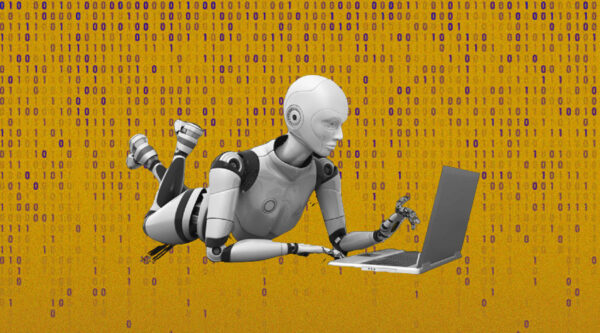The Future of Coding: How AI is Revolutionizing Programming and Changing the Game

About Course
Step into the future where code meets cognition. This exciting course unpacks how Artificial Intelligence is transforming the world of software development—making coding faster, smarter, and more accessible than ever before. Whether you’re a budding developer, an experienced engineer, or someone simply curious about how tech is evolving, this course demystifies how AI is not just assisting, but actually shaping the way we code.
Discover how AI-powered tools are accelerating development cycles, improving code quality, and even enabling non-coders to create powerful applications. As we move into an era where human creativity is amplified by machine intelligence, understanding these changes isn’t optional—it’s essential. Through real-world examples and practical insights, this course offers a front-row seat to the coding revolution that’s changing everything.
Course Content
Introduction
The Current State of Coding and Its Importance
00:00The Emergence of Artificial Intelligence
00:00Overview of the eBook’s Focus and Structure
00:00